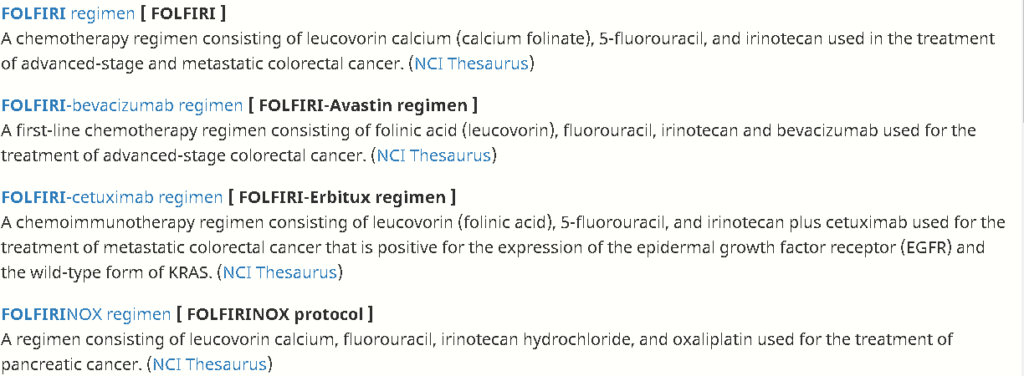Part of the fun of editing medical content is learning all about the newest treatments and scientific advances, but as someone without a science background, I find myself looking for resources that can help me understand some of the more technical terminology.
You may ask, “What about Google?” Google offers the collective knowledge of the Internet right at our fingertips, right? Well, sort of. Sometimes I don’t have the time to sort through all of the results. I want the correct answer now! Subject-specific medical dictionaries are just the thing when I’m in a hurry (which is almost always because DEADLINES).Two resources that I use are A Manual of Orthopaedic Terminology (print) and the National Cancer Institute (NCI) dictionaries (web).
In the days when I edited orthopaedic surgery manuscripts, A Manual of Orthopaedic Terminology (Nelson FR, Blauvelt CT. A Manual of Orthopaedic Terminology. 8th ed. Philadelphia, PA: Elsevier Saunders, 2015) was my go-to resource for terminology related to musculoskeletal disease, brief descriptions of imaging techniques, and common orthopaedic abbreviations. The section on fracture classifications saved me from sifting through a ton of search engine results. Don’t even get me started on the eponymous procedures and approaches! As much as I love this resource, it’s not comprehensive. My heart sank when I used this book to look up surgical approaches for hand surgery and saw “Surgical approaches are too numerous and complicated to describe here. Refer to Canale ST, Beaty J, 2013.”Um, okay.
I found the web-based NCI dictionaries one day when I was working on an oncology manuscript and found myself turning to Google for the 10th time in 2 hours (I love you, Google, but this is ridiculous!). Enter the NCI Dictionary of Cancer Terms and the NCI Drug Dictionary to save the day. Of the 2 dictionaries, I use the Dictionary of Cancer Terms the most. The definitions aren’t too technical, and new terms and definitions are added monthly. Right now, 8386 terms are included. The search interface is easy to use, and allows you to search for partial terms.
As you might expect, the definitions and descriptions in the NCI Drug Dictionary are more technical than those in the Dictionary of Cancer Terms. In addition to definitions, the Drug Dictionary entries include alternate drug names and hyperlinks to more information on each drug (such as active clinical trials using the drug). The NCI Drug Dictionary was useful when I recently came across a table with an alphabet soup of chemotherapy regimens. What exactly is the FOLFIRI regimen?
Let’s use the NCI Drug Dictionary to break this down. A search of FOLFIRI returns 4 results (click for larger):

Those definitions seem pretty straightforward. They even include the trade names for some of the regimens (FOLFIRI-Avastin). The NCI Drug Dictionary seems like a good place to begin a search, but it may be a good idea to cross-check some of the drug names using the USAN Council website; “5-fluorouracil” may not be the preferred name. Clicking on the link for the regimen will redirect you to a page that lists the full definition and another link to the NCI Thesaurus. In this case, the full definitions are short and are right here in the search results—no need to click on another link!
Subject-specific dictionaries can be a reliable alternative to wading through thousands of Google results. What about you? Do you use any subject-specific resources? Tell us in the comments.—Juliet Orellana

“First off I want to say awesome blog! I had a quick question that I’d like to
ask if you don’t mind. I was interested to know how you center yourself and clear
your head before writing. I’ve had a hard time clearing my
thoughts in getting my thoughts out. I do take pleasure in writing but it just
seems like the first 10 to 15 minutes are generally
lost simply just trying to figure out how to begin. Any recommendations or tips?
Appreciate it!”